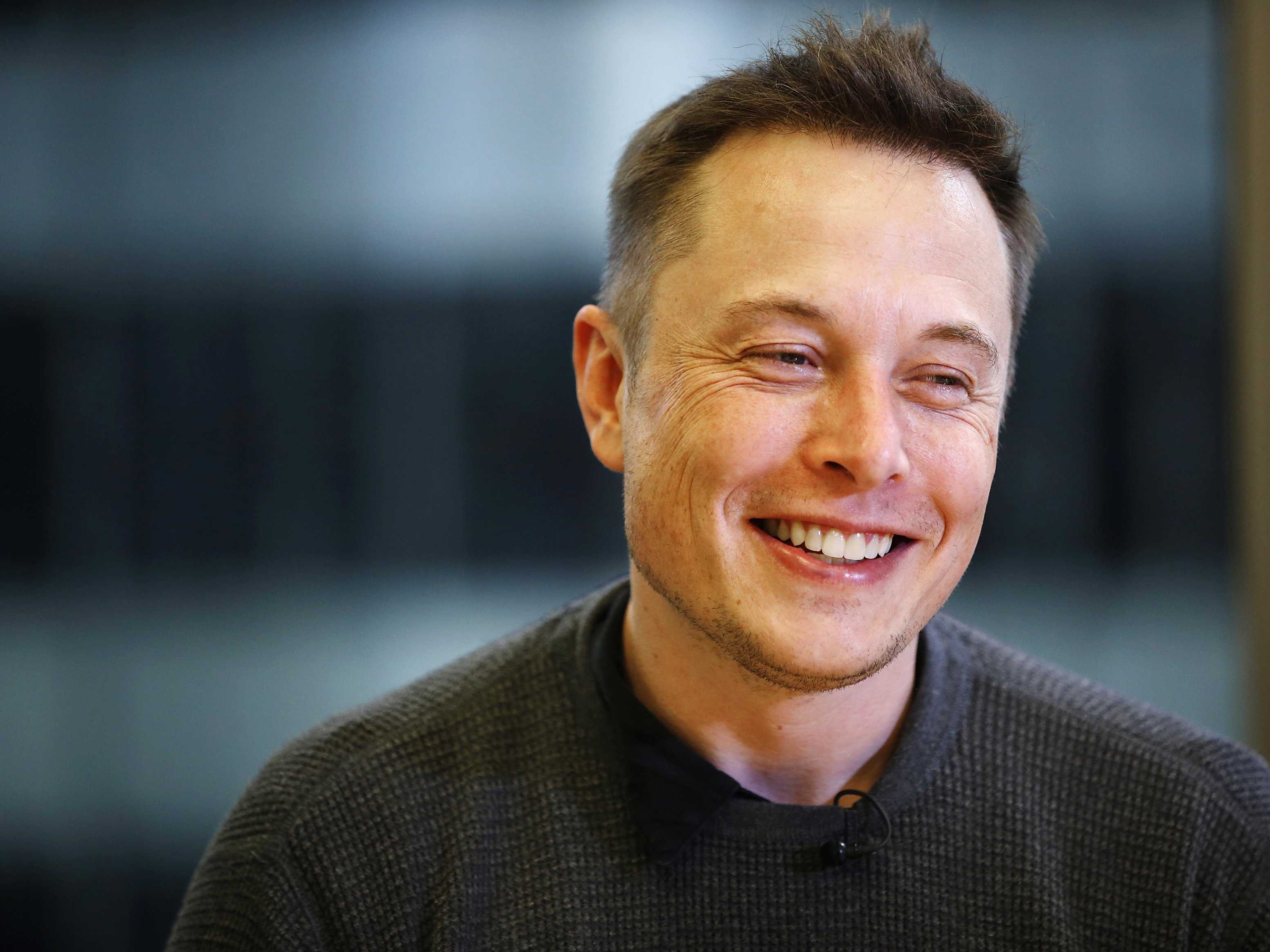LISTEN TO TLR’S LATEST PODCAST:
By Jordan LaPorta
On Thursday, President Donald Trump honored his campaign pledge and officially announced that the United States will leave the Paris Climate Agreement to cap carbon emissions. Libertarians and true conservatives heralded the move as one of Trump’s best to date, but liberals and big business leaders have attacked the decision on the mainstream airwaves and on Twitter.
Massive corporation after massive corporation has come out in favor of the U.S. remaining in the deal, including heavy-hitters such as Exxon Mobil, Chevron, BP, and Shell.
“We believe climate change is real,” said Ben van Beurden, CEO of Shell. “We believe that the world needs to go through an energy transition to prevent a very significant rise in global temperatures. And we need to be part of that solution in making it happen.”
Perhaps one of the most vocal critics of the president’s decision to leave the regulatory compact is Elon Musk, American entrepreneur and founder of Tesla Motors and Space X. On Twitter, Musk pledged to leave the president’s business councils because of his altruistic stand on behalf of mother earth. It’s quite touching, really.
Am departing presidential councils. Climate change is real. Leaving Paris is not good for America or the world.
— Elon Musk (@elonmusk) June 1, 2017
Musk, like many other business elites, lobbied hard for Trump to keep America in the restrictive agreement. But the real reason Musk, Shell, Exon, and so many others wanted to the country to stay in the deal has nothing to do with the saving the planet — that’s just the “PR” reason. The real reason is that the agreement’s increased regulations on businesses work in their best profit interest. The thought is certainly counterintuitive, but it makes quite a bit of sense.
The Wall Street Journal recently reported on the incredibly high cost of business regulation in the United States, finding that Americans spent $1.6 trillion to comply with government mandates in 2016 alone. That money would be enough to constitute the world’s seventh-largest economy. But big businesses owned by the likes of Musk can afford these high costs, while their smaller competitors cannot. What this creates is an environment ripe for oligopoly, headed by a few big cartels. That’s not exactly what I would call a “free market.”
Musk and oil companies are no opponents to government intervention at all. In fact, the government subsidizes both Musk’s playthings and the entire oil industry to the highest degree.
It’s incredibly frustrating when people look at such system and cry wolf about the evils of “capitalism.” This is not capitalism; it’s corporatism writ large. Libertarian thinkier Albert Jay Nock put it best when he said “the simple truth is that our businessmen do not want a gov-ernment that will let business alone. They want a government they can use.”
But I guess you can’t put “Down with Corporatism” on a Che Geuvera shirt and expect it to sell.





4 comments